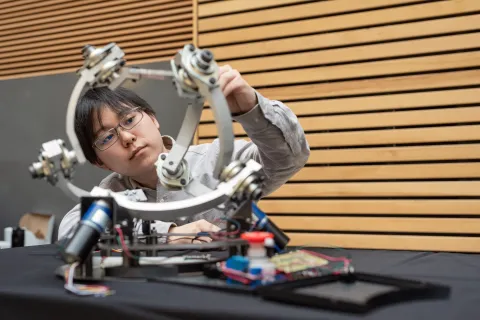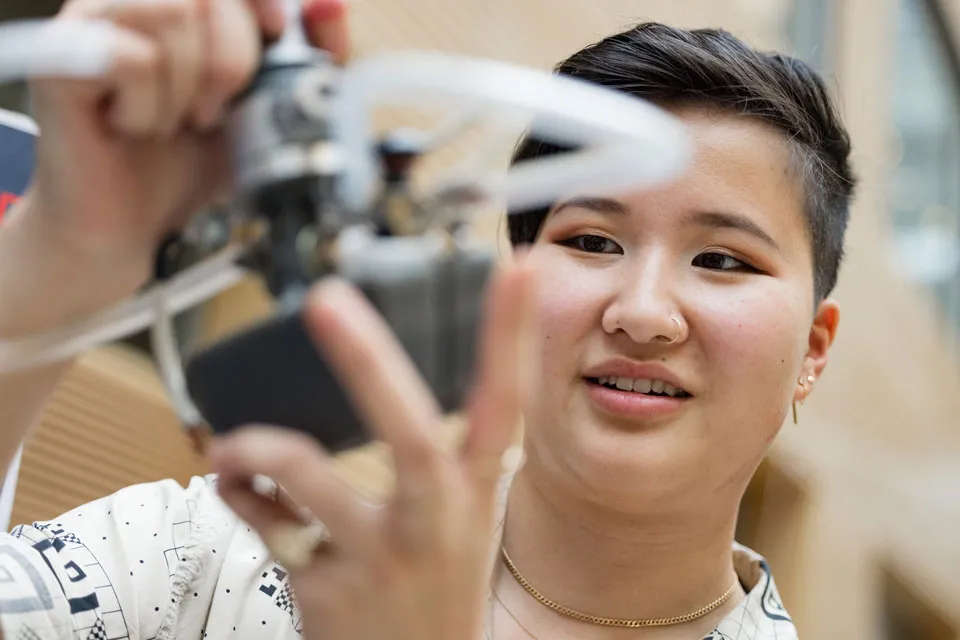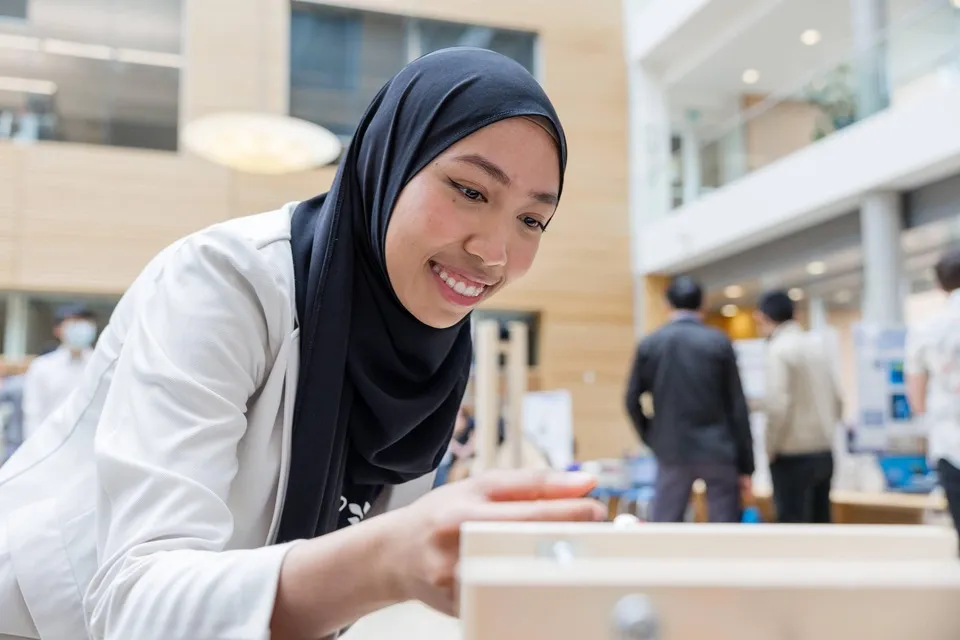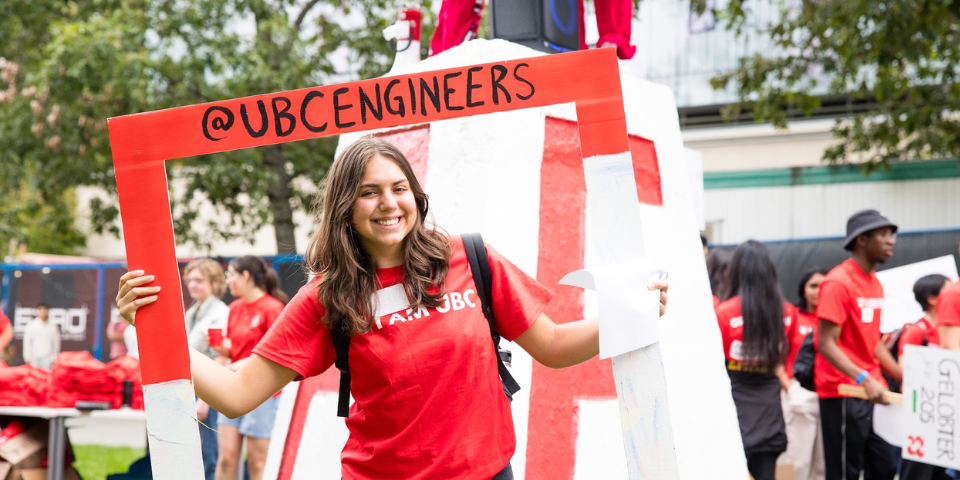It can be hard to decide what to study in university. There are so many programs to choose from and you may find yourself interested in many of them!

Your aptitudes are your talents – they are what you’re good at.
Engineers tend to do well in math and science. They may do equally well in other subjects, but find that math and science courses are the ones they gravitate towards and enjoy the most.
On its own, an aptitude for math and science doesn’t necessarily mean you should study engineering, and there may be other programs that could be personally and professionally rewarding for you. (Check out our article Engineering or science? to explore the differences between these two popular choices for people who gravitate to STEM subjects.)
This is where it’s useful to also consider your interests and passions and how you’d like to use your skills. After all, you want to be enjoying yourself as a student and professional!
To get a better sense of your interests, you might think about what kinds of activities kept you occupied for hours when you were a kid, and how you like to spend your time now. You might also consider the following questions:
- Are you comfortable with problems that don’t have one “right” solution?
- Are you curious about how things work and how they could be improved?
- Are you interested in helping people and making a difference?
Engineering can be an excellent choice for those who like to solve problems and make things better. See our article Why engineering? for more on this topic.











